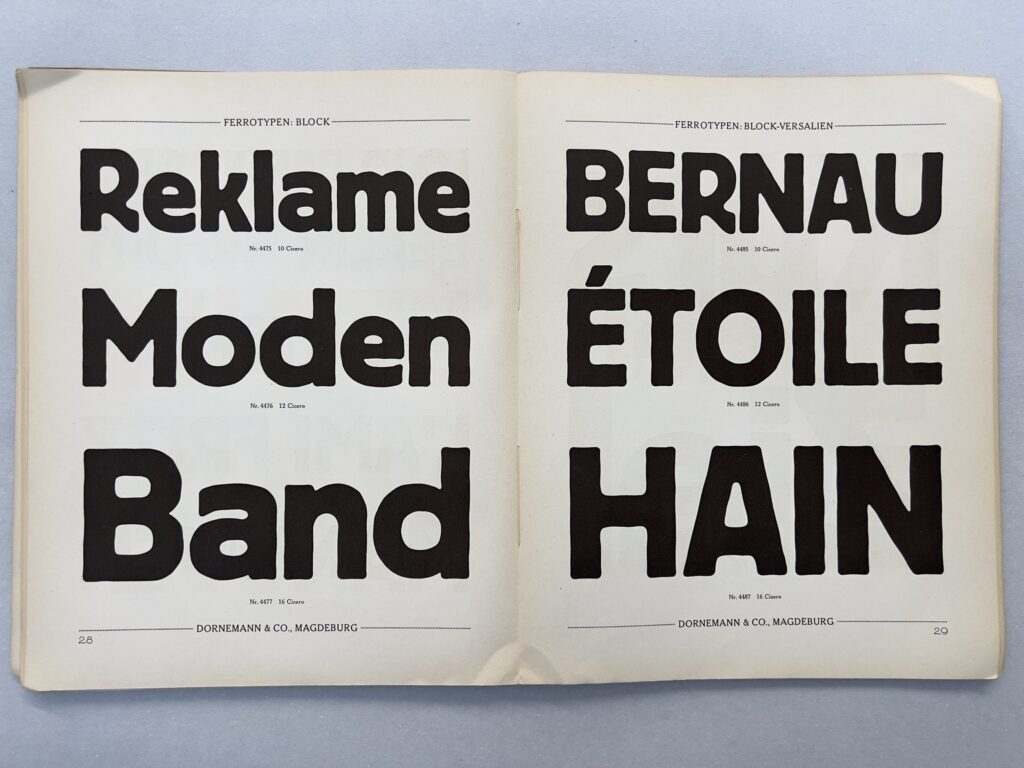Allt jobb och all kumulerad kunskap (YouTube) som ligger bakom den där mysiga merinotröjan jag sätter på mig!
Bomb Magazine om Gauss PDF:
There was no call for donations nor prices on the work of their authors, which gives the sense that Faylor intended it as an open archive, one that’s still accessible though decaying, as all things do—a missing file here or an OS incompatibility there. It’s a subtle subversion of the model holding the book commodity as the end to its means. Not beholden to the technology that defines so much of publishing, Gauss PDF not only revels in a broad definition of what poetry is but also indicates that contemporary poetics can be premonitory of the technologies that come to mediate what is otherwise ineffable.
Fruitful.FM was a temporary radio station housed inside a greenhouse. Flipping the traditional ‘dead’ and hidden (terra incognita) space of a radio studio on its head.
Ett fint reportage om några barnboksillustratörer (New York Times).
The Collation (Folger Shakespeare Library) – “The habitability of our planet—is it only a contemporary issue?“:
But questions about habitability are not new. Habitability is a notion that has been present throughout the centuries, and that has its own history. Studying that history can shed light on our own interactions with it and can be vital to understanding the different ways of perceiving life, its limits, the imaginaries that shape the search for knowledge, and our visions of the future.
Ett par artiklar om Andrea Wulfs Magnificent Rebels: The First Romantics and the Invention of the Self:
Också, om Percy Bysshe Shelley hos Aeon – “The invention of free love“.
Freud i Göteborg. Roligt att läsa eftersom jag gillar att lyssna på Per Magnus Johansson i Arche-podden från Freudianska föreningen.
TLS om tre nya böcker om Freud (betalvägg).
Venkatesh Rao:
In brief, an irresistible force has met an immovable object. An entrepreneur who has never met a venture he couldn’t master has met a platform that has never met a leader who could tame it. A legendary emperor has marched into a fabled graveyard of empires.
“The Roding is London’s largest forgotten river.“
Humtank – ”‘Hur människor i allmänhet har det’, eller: humaniora och A-traktorn“:
I Umeå forskar etnologen Jenny Ingridsdotter om hur lokalsamhällen som drabbades av skogsbränderna 2018 mobiliserade sina lokala resurser och använde sin etablerade relation till skogen. I Örebro har språkforskaren Anna Heuman nyligen disputerat på en avhandling om språkpoliser på sociala medier. I Göteborg forskar historikern Sari Nauman om flyktingmottagandets inverkan på lokalsamhällen genom att jämföra nuet med liknande situation på 1700-talet. Vid Stockholms universitet disputerade Susanna Areschoug tidigare i år med en studie om lantliga ungdomar som visar på och undergräver de fördomar som stadskulturen har om ”EPA-traktorungdomar”. Vid Malmö universitet forskar litteraturvetaren Ann-Sofi Ljung Svensson om idylliska skildringar av svensk landsbygd i både Astrid Lindgren och nutida inredningsbloggar.
Georges Perec – Tentative d’épuisement d’un lieu parisien (engelska Wikipedia).
Om Wolfgang Kieling (engelska Wikipedia; hört om i en föreläsning av Slavoj Žižek):
In March 1968 he moved from West Germany to East Germany because of West German support for the United States, which he became disillusioned with after witnessing the Watts riots firsthand during the filming of Torn Curtain. After defecting he called the United States “the most dangerous enemy of humanity in the world today” with its “crimes against the Negro and the people of Vietnam.”
“The epistemological foundations of data science: a critical review“.
Kommande bok av Tamson Pietsch – The Floating University: Experience, Empire, and the Politics of Knowledge:
In her new book, Tamson Pietsch excavates a rich and meaningful picture of Lough’s grand ambition, its origins, and how it reveals an early-twentieth-century America increasingly defined both by its imperialism and the professionalization of its higher education system. As Pietsch argues, this voyage—powered by an internationalist worldview—traced the expanding tentacles of US power, even as it tried to model a new kind of experiential education. She shows that this apparent educational failure actually exposes a much larger contest over what kind of knowledge should underpin university authority, one in which direct personal experience came into conflict with academic expertise.
“En charmerande idé om medvetandet“.
Sasha Frere-Jones: “Audiophilia and its discontents“.

